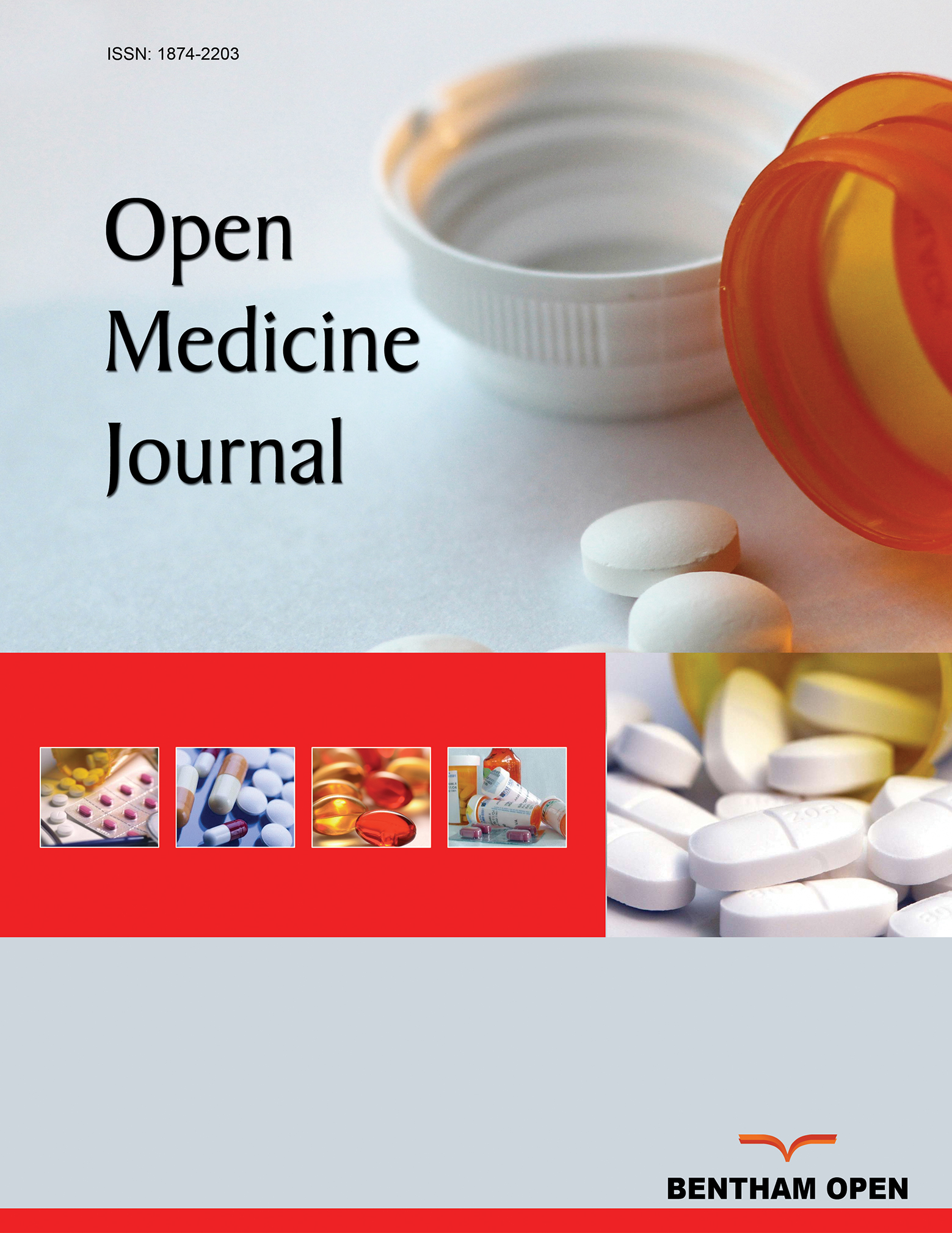All published articles of this journal are available on ScienceDirect.
Hepatitis C and Psychiatric and Substance Use Disorders Co-morbidities; Caring for People with Hepatitis C: Lessons from the Past that Inform Expectations in the Future
Chronic hepatitis C virus (HCV) infection is estimated to affect approximately 3% of the world's population and, as such, is the most common blood-borne viral infection. Approximately 170-200 million people are considered to be infected worldwide, and in the United States as many as 5 million may have chronic HCV [1-3]. As is well known, people with HCV are often asymptomatic for a decade or more after they are initially infected and thus the risk of liver fibrosis, cirrhosis, hepatocellular cancer and mortality is increased if HCV is not promptly diagnosed and treated.
Psychiatric and substance use disorders (SUD) are common co-morbid conditions found in people with HCV and are factors in predisposing people to HCV infection. The primary cause of HCV infection is intravenous drug use (IVDU) and, taken together, various studies suggest that between 60-90% of people with HCV have a past or current history of SUD [4-7]. Alcohol use disorders (AUDs) are also common and current harmful alcohol use among people recently diagnosed with HCV has been reported to be as high as 30% [6-8]. Furthermore, several studies suggest that depression-related diagnoses are higher among people with HCV as compared to the general population and estimates of the incidence of clinically significant depressive symptomatology in people with HCV range between 20-40% [6, 8-11]. These various co-morbidities are reasons that clinicians will exclude people from antiviral therapy in spite of evidence that people with HCV and co-morbid psychiatric and substance use disorders can be safely and effectively treated [12-22]. Furthermore the neuropsychiatric side-effects of alpha interferon, until recently the mainstay of antiviral therapy, have necessitated an appreciation and assessment of psychiatric co-morbidities (specifically depression) found in people with HCV [14, 23].
We have learned very important lessons about HCV treatment in the last decade. Among them is an appreciation of the complex care needs of people with HCV, needs that are not limited to the liver and therefore demands a holistic care approach. The common psychiatric and substance use co-morbidities that often precede and usually accompany HCV infection are primary considerations that demand this approach and optimal treatment of HCV is provided by interdisciplinary teams of clinicians who best meet these various and multifaceted care needs [18, 24-28]. The availability of new medications and interferon- free antiviral therapy regimens will decrease the risk of neuropsychiatric side effects and shorten the duration of treatment. This will have the consequence of dramatically altering the clinical landscape of HCV care and will increase the number of eligible treatment candidates as treatment of people with HCV and co-morbid psychiatric and substanceuse disorders will become increasingly viable [29]. While economically developed countries will rely on expensive interferon-free antiviral therapy, less developed countries will continue to use interferon-based therapies suggesting that lessons learned should not be lessons forgotten.
The proposed thematic issue will begin with articles that review the natural history and prevalence of HCV, and the psychiatric and substance use disorders co-morbidities and neuropsychiatric side effects of antiviral therapy in people with HCV. This will be followed by articles that discuss the healthcare and economic consequences or interferon-free treatment regimens, and healthcare network strategies for disease management. The efficacy and viability of new antiviral medications, and the consequent changes in prescribing practices, treatment strategies, and new treatment options/availability with a focus on those with psychiatric and substance use comorbidities will also be reviewed.


